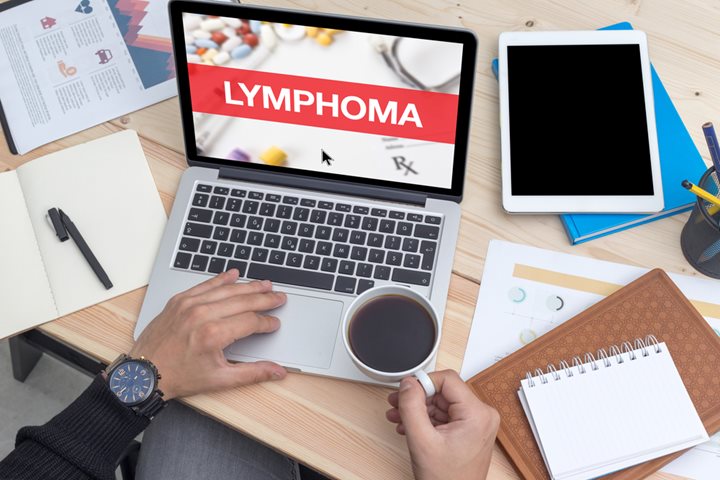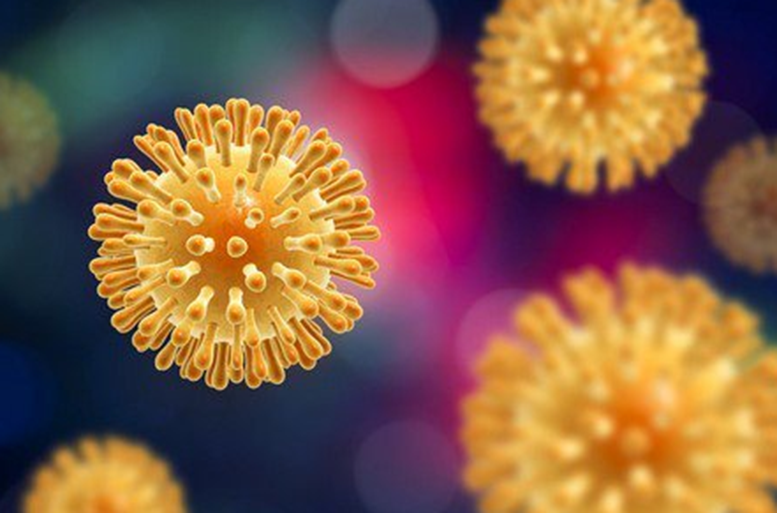When HIV/AIDS first arose in North America, its transmission was mostly confined to gay men, but since then, it has been made amply clear that HIV/AIDS is not a homosexual disease and can also affect heterosexual people. Individuals of all ages, genders, ethnicity, and sexual orientations are at a risk of getting infected with HIV.
Is it possible to prevent HIV? Yes, there are many safety measures you can take to lower your risk of contracting the virus.
Always have protected sex
Practicing safe sex is perhaps the most important rule where HIV prevention is considered. You must use a new condom during each sexual encounter if you are not in a monogamous relationship with one person who you are certain is negative and does not have multiple partners.
If you engage in sexual activity with an individual who is HIV-positive, it is crucial to be extra cautious and also get tested on a regular basis. You and your partners must openly discuss your sexual histories to identify any high-risk behavior. If you are at a higher risk, you can possibly go on a preventative drug cocktail or PrEP (pre-exposure prophylaxis). These medications reduce the risk of transmission, but they are not 100% effective, meaning you still need use protection to eliminate the risk.
Alcohol and Substance Abuse
If you indulge in alcohol or drugs, you must take more caution as being under the influence of alcohol or substances may impair your judgment and lead to reckless decision-making. Also, always avoid sharing drug paraphernalia such as syringes or cocaine spoons with other individuals.
If You’re HIV-Positive
If you already have the infection, you can significantly reduce the risk of transmitting the virus to others by beginning antiretroviral therapy while your immune system is still in good health. It is recommended you begin treatment immediately after your diagnosis as research shows that beginning treatment early reduces the risk of HIV transmission significantly.
Tips to Prevent HIV Transmission
If you have HIV or have taken part in a high-risk activity with an individual who might potentially be HIV-positive, take the necessary steps to prevent infecting others with the virus by:
– Going on antiretroviral therapy which can greatly reduce the risk of HIV transmission
– Be forthcoming about your high-risk behavior and your HIV status
– Practice safe sex; always use a condom
– Do not make any bodily donations such as blood, organs, or semen
– Avoid sharing personal products with others that can pass on the virus such as razors, toothbrushes, or adult toys
Pregnant Women with HIV
A woman who is pregnant and also HIV-positive can significantly lower the risk of passing the virus on to her child by going on antiretroviral therapy, remaining in treatment throughout her pregnancy, and not breastfeeding her child. Her baby can also begin treatment after birth.
Featured Image: Twitter



